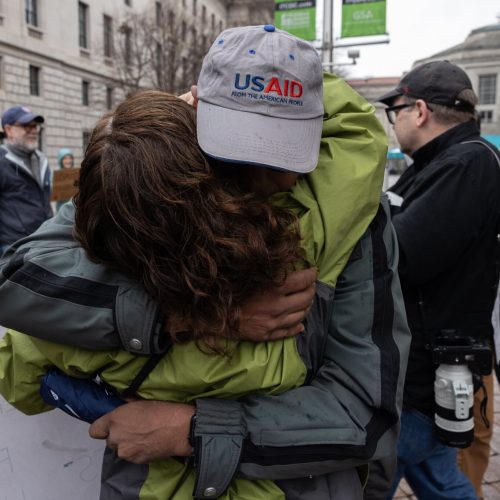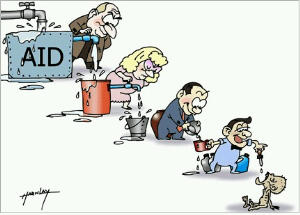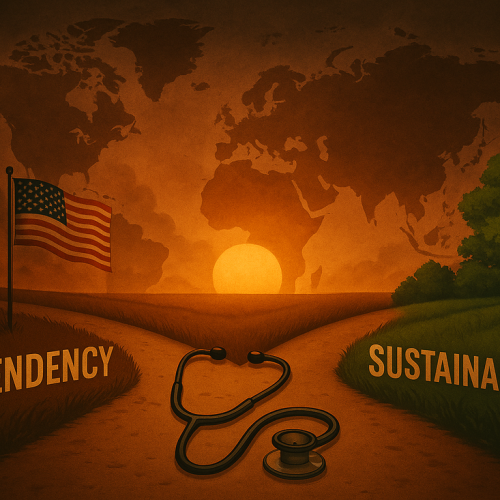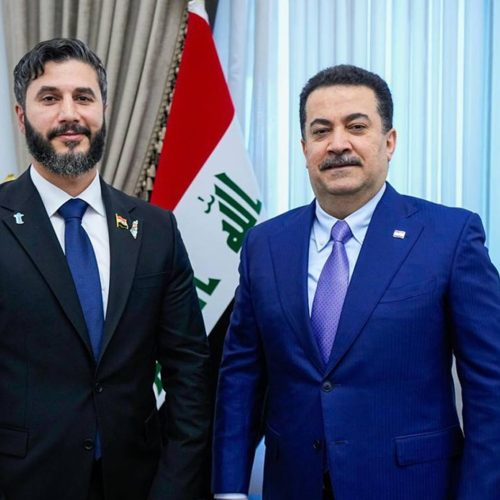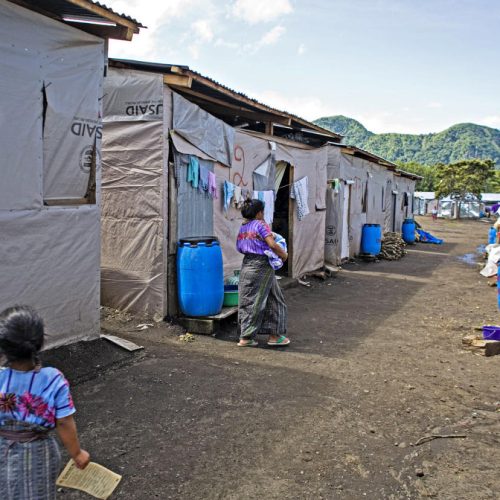November 29, 2024
Global Election Results: Rejecting the Unhealthy Status Quo
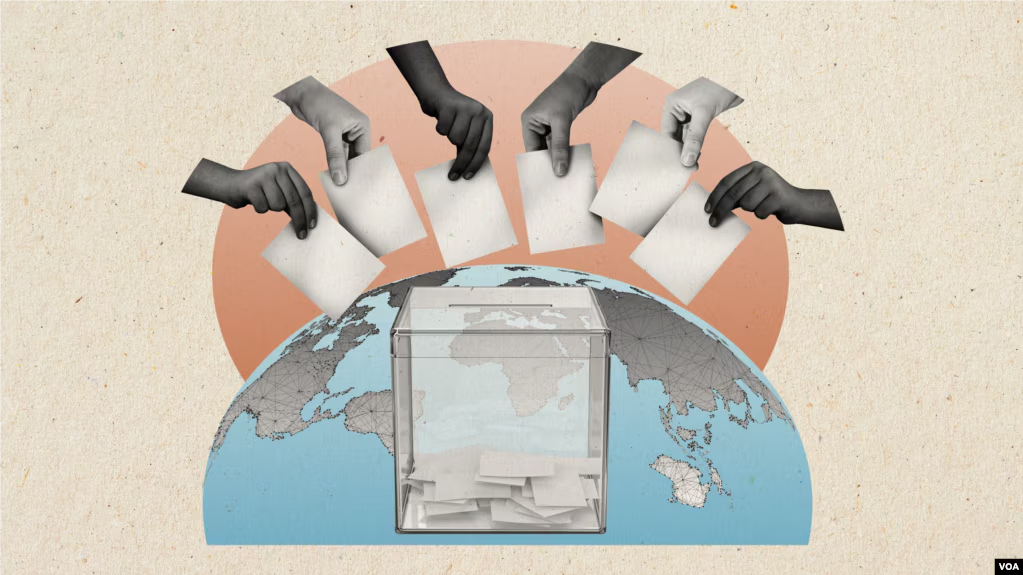
Around the world, global elections reflect an emerging pattern: people are expressing discontent with a political and economic system that fails to address their most basic needs and well-being. This frustration manifests differently depending on context, whether through voting choices or street protests. At their core, these actions reflect a growing recognition of how governance, policies, and the uneven distribution of resources directly impact people’s everyday lives, well-being, and health.
In the United States, the 2024 election results illuminate this trend. For many of those who supported Donald Trump, the decision seems to have been less about traditional identity politics and more a rejection of a status quo that has left their communities in economic and social decline. Over the past decades, many of these communities have experienced worsening health outcomes, lower life expectancy, higher maternal mortality, and increasing rates of substance misuse.
This rejection of the status quo is not unique to the United States. Globally, exploited and marginalized populations are pushing back against systems of power that perpetuate inequality and deteriorate health.
In Mozambique, people are in the streets, protesting government repression, corruption, and a digital blackout aimed at silencing dissent. The Frelimo regime, which for decades has benefited from economic partnerships with international corporations, has turned Mozambique into a crossroads for drug trafficking and exploitation, both of the people and the country’s natural resources. The profits enrich a narrow elite, while ordinary citizens are left impoverished, with increasingly unequal education and health care, as well as limited access to clean water, sanitation, and other basic needs.
In Perú, massive discontent has erupted over political corruption and inequality, leading to widespread protests and aggressive government crackdowns. The context that triggered them was a palpable increase in violent deaths at the hands of extortionists targeting working people and small businesses all over the country. Although the Peruvian population faces a significant reduction in their sense of street security, the government continues to endorse legislation that aids political criminal organizations, fostering corruption and indirectly supporting street gangs. This governmental agenda is accompanied by the manipulation of statistics by opinion leaders and presidential representatives in the media, aiming to obscure these adverse outcomes from the international audience. Such attitudes reinforce a narrative that disregards the well-being of the majority in favor of vast benefits for a privileged minority. Furthermore, this situation is exacerbated by the already institutionalized racism and xenophobia faced by Venezuelan migrants in Perú.
Conservative Latino groups in the U.S. have supported Trump’s strict immigration policies, with some seeing them as a solution to issues they associate with migration from countries like Venezuela. The discourse around criminality and xenophobia echoes in other nations facing migration crises, where economic and health insecurity is compounded by a lack of political accountability.
Policies that perpetuate inequality have been instituted in all of these countries – policies that include economic exploitation, repression of dissent, and neglect of public health infrastructure. All of these undermine people’s daily lives and lead to long-term negative health consequences.
It is important to underscore the complicity of the Global North, including the exploitation by multinational corporations and the enabling of tax havens, further perpetuating this inequality. Local elites benefit greatly from these arrangements, whether in the United States, Mozambique, Perú, or elsewhere. Moreover, they are often insulated from the consequences of these policies, leaving ordinary citizens to bear the costs. The recent U.S. election has been dubbed by some as the “Billionaires’ Election,” a reflection of the deep-rooted corruption of wealth and corporate interests in American politics. Similarly, in Mozambique, the elites aligned with Frelimo stash their wealth offshore, evading taxes that could fund public services for the country’s impoverished population.
Ultimately, these movements signal that people are no longer willing to accept the conditions that compromise their health and well-being. Whether it is the voter in the United States, the protester in Mozambique, or the activist in Perú, there is a shared call to disrupt the structures that perpetuate inequality and deny people a healthy, dignified life. Political determinants of health are a global issue, affecting the most vulnerable in all societies. As people worldwide reject the status quo, will leaders listen, or will they continue to protect a system that leaves so many behind?
References
https://www.nbcnews.com/politics/2024-elections/exit-polls
https://link.springer.com/chapter/10.1007/978-3-031-11061-0_8
https://www.migrationpolicy.org/sites/default/files/publications/migration-crime-latam-eng-final.pdf
https://www.theguardian.com/us-news/2024/nov/01/tren-de-aragua-trump-organized-crime
